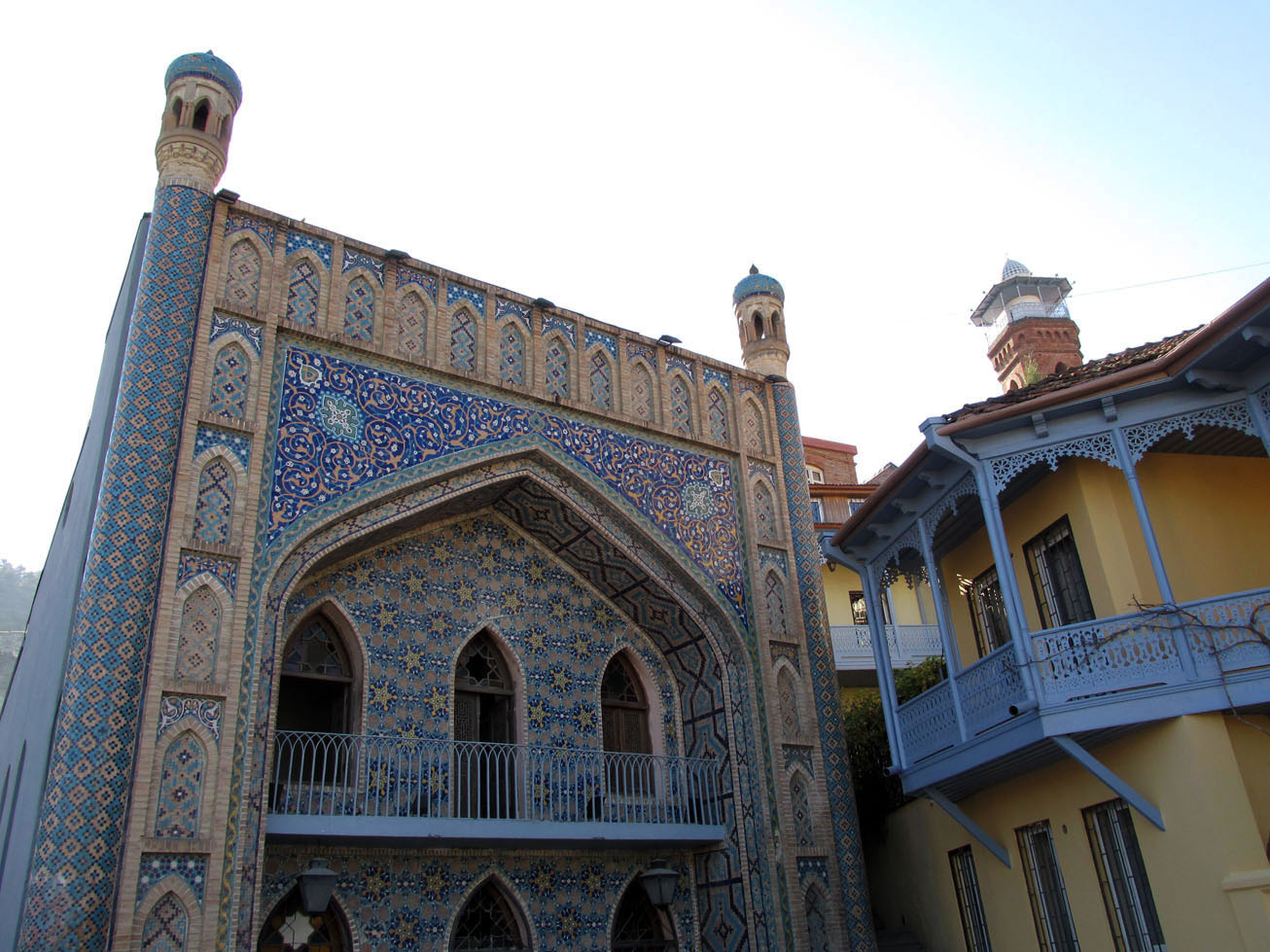Blog

Go back
#History
Civilisational Identity at The Crosspoint of Civilizations
Georgia is a country full of fascinating complexities. Lodged at the crossing point between Europe, Middle East and Asia and called The Edge of Empires, with torrid past and tangled geo-political settings, Georgia presents a captivating case of civilisational belonging and cultural identity.
Perhaps it is symbolic that the region came into existence about twenty-five million years ago, when the African-Arabian and Eurasian land masses collided. Being a battle-feild of world power collision has been an extraordinarily dominating theme during the dazzlingly long history of this country and resulting scars have also been extraordinarily deep. As one British author described, at the heart of the Caucasus mountains this is one of the most coveted and fought-over countries on earth.
But there is another dimension in these epochal battles of getting torn between the influences of East and West - influences of geopolitics but even more so of values, aspirations and cultural identities. Georgia’s history is a dramatic reflection of the great civilisational battle between East and West, or, maybe, between perceptions of invading and liberating centres, that has been compared to Shakespear’s history plays in fast-forward mode (International Affairs in their review of the book “The Edge of Empires”).
And the revealing question here is how did Georgia choose (when, indeed, it had a power of choice) and form the centre of its alliance?
Financial Times reflected that History of Georgia is an emotional story of why this nation “looks so longingly to the West”. On the other hand, there are deep roots, undeniable past and powerful forces pulling to the other side that this small country needs to endure not in the main realm of Euorope but at the far edge of it.
How is Georgia seen from outside? Peter Nasmyth in his book “Georgia - In The Mountains Of Poetry” calls Georgia “Asian country with European beginnings” where “East had become resiliently Christian”. “The Caucasus always represented a line of mutability between the Asian and European culture… It's always interesting to ask a Georgian whether he’s European or Asian. More often than not he’ll stop and think with his European mind, then give an answer with his Asian heart, which will depend more often than not who is doing the asking.
But do Georgians see themselves the same way? Survival of their own ethnic and cultural identity is where the biggest loyalty and allegiance of Georgian people reside. However, when narrowing down “complex lense of civilizational identity”(Jacinta O’Hagan, Discourses of Civilizational identity) to concepts such as “the West”, “East” or “Islam”, Georgia identifies itself to its core with “the West” (whatever it means). And answers are in the long history.
-2-2.png)

